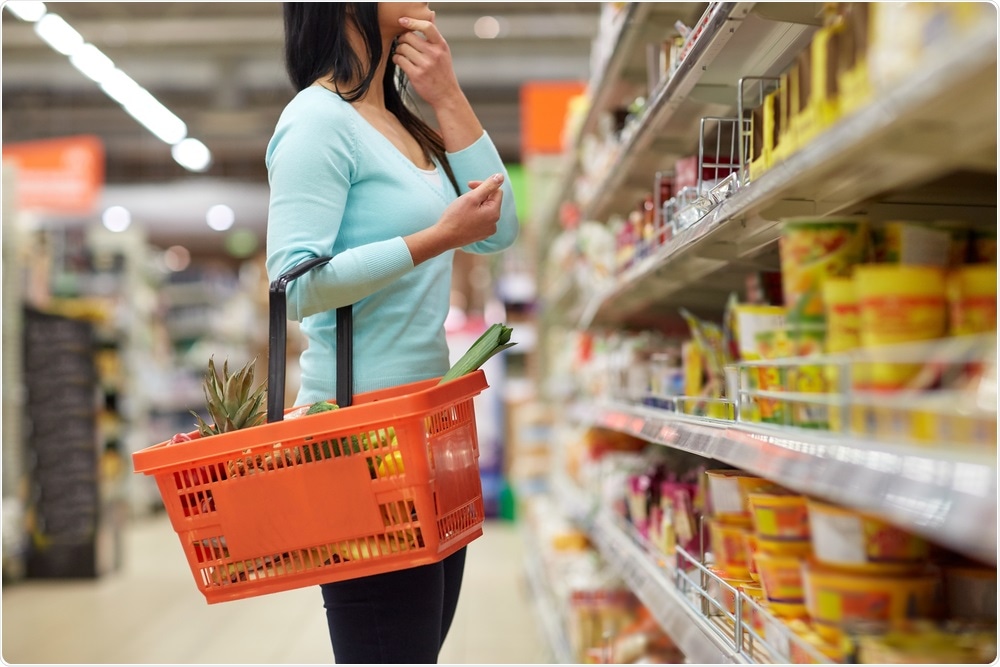The obesity rate in Britain has risen to one-quarter of the population, a significant increase on the 15% rate seen in 1993. Estimates suggest that by 2050, 60% of men and 50% of women will be obese. Now, Cancer Research UK has released a report encouraging the restriction of special offers on unhealthy food and drinks, in an effort to combat the country’s obesity epidemic.

Syda Productions | Shutterstock
The government is currently consulting on limiting the promotion of foods high in fat, salt and sugar and on banning supermarket “guilt lanes” and end-of-aisle special offers.
The Cancer Research UK (CRUK) report provides support for the proposed moves, revealing that promotion-chasers tend to buy fewer fruit and vegetable items and more unhealthy food than those who do not chase the deals. These people are also more likely to be overweight or obese.
These promotions look like they are pushing us in the wrong direction – certainly those people who are buying more promotions are ending up with baskets that are more skewed than general towards less healthy products.”
Malcolm Clark, CRUK Policy Manager
The CRUK researchers analyzed the buying habits of 16,148 British households between January and July 2017, with a focus on supermarkets’ special offers, the items in shoppers’ baskets, and various lifestyle factors, including whether shoppers were overweight or obese.
According to the findings, approximately three in ten of the food and drink items purchased were sold as special offers.
When the shoppers were divided into four groups based on how many promoted items they bought, 72% of those in the top group were overweight or obese, compared with 64% of those in the bottom group. The trend remained after adjustment for other factors such as income, social class, life stage and region.
The team also found that the top-group shoppers did not necessarily buy more items or more calorie-rich items, compared with the bottom group, but that they did buy a greater volume of items that were high in fat, sugar or salt. There was also a significant move away from fiber towards sugar among the top group, with baskets containing more cakes and sweets and fewer fruits and vegetables.
CRUK is now calling for the government to limit the promotion of unhealthy food and drink items, starting with restrictions on multi-buy deals.
Professor Linda Bauld, a prevention expert at CRUK says: “Promotional items offer people a wealth of tempting yet unhealthy food and drink choices when doing their weekly shop.”
Professor of metabolic medicine at the University of Glasgow, Naveed Sattar supports CRUK’s calls saying that “legislation for such offers should be easy and should be implemented.”
Britain’s deputy Labour Leader, Tom Watson, says that the country’s obesity epidemic is too large to ignore, with the increased risk of conditions such as type 2 diabetes and cancer placing a huge financial burden on an already squeezed NHS.
In this context, it’s a scandal that the food available on special offer is often so unhealthy. We must work towards a system where fresh, healthy and less processed foods are available and affordable for everyone. Achieving this is a crucial part of improving the country’s health.”
Tom Watson, Politician
Source
Restricting promotions of food and drink that is high in fat, sugar and salt. UK Gov Open Consultation. 12th January – 6th April 2019.